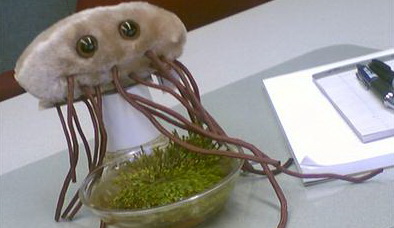How do you die? Doctors in Britain will ask patients
.
How do you die? Doctors in Britain will ask patients if they want to be resurrected and will be treated as the last days of life
Doctors in Britain will be forced to promise that they will take care that patients be treated with dignity and wishes to be respected for how they want to die.
All 8,500 medical offices in the UK will have to use a charter of seven promises for terminally ill patients receive the best care, write dailymail.co.uk.
The seven pledges are designed so that the UK National Health Service to make the last days of patients' lives more comfortable. Family doctors will promise to maintain independence, dignity and sense of personal control of patients.
Very ill patients will have to disclose to doctors, preferably in writing, if they are to be resurrected and will be treated as the last days of life. The information will be stored in central database of the National Health Service and may be used if the patient reaches the emergency room.
.
But opponents of euthanasia have already warned that some doctors might use the data to help people die because they would provide the legal power of a person who no longer wishes to be kept alive.
Promises doctors:
- patient desires to hear about the last period of life, including the last days and hours to answer any questions and could provide information that patients want
- to help patients to think in advance to identify the choices they will have to do, to assist in making decisions and to do everything possible to ensure that patient wishes to be fulfilled by all those who provide care
- written communication to ensure patients' needs and desires
- to talk with patients and their close associates about future needs, so that all may understand and be prepared for whatever might happen
- to do everything possible to patients' last days as comfortable and they get all the physical and emotional care they need
- to do everything possible to preserve their independence, dignity and sense of personal control over their patient's disease
- to support those closest to patients, both in the period in which patients live their last days, and after their death
You Have Comments and Share Options
Enjoy ! Enjoy !














